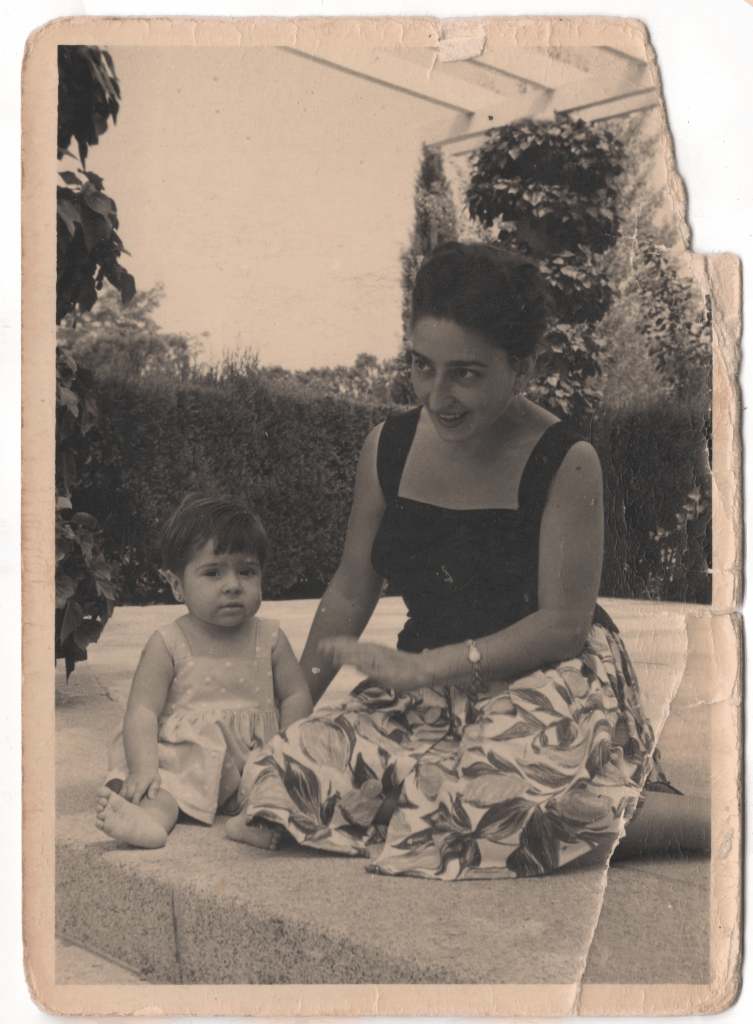Pablo Paillole

Madrid 1940
Pablo Paillole (b. 1997)
Single-channel video with sound, 2021
5 minutes 21 seconds
Download video transcript
Pablo presents different snapshots taken during a walk with his mother in December 2021. During this walk, they discuss both personal and historical narratives in relation to their family history in the aftermath of the Spanish Civil War.
The year 1939, when Franco won the war and imposed a military regime, marked a drastic change in fortunes for many people. Pablo’s ancestors, supporters of the democratically-elected Republican government, suffered the physical and emotional effects of political repression during Franco’s dictatorship. In this video work, it is exposed how Pablo’s grandmother’s emotional trauma as a result of a violent episode of repression was translated into her emotionally unavailability and self-contained character throughout her life.
Family archives are woven together with personal memories about to fade – many only spoken out loud for the first time – to shed light on a still sensitive and highly controversial period of the world’s history.
Scroll down to watch Madrid 1940

About Pablo Paillole
Pablo Paillole works with moving image, sound, text and photography to explore the relationship between popular culture and politics; fiction and reality; past, present and future.
After graduating with a first class honours degree in Fine Art and Theatre, Pablo was selected for Bloomberg New Contemporaries 2020 and exhibited his work in South London Gallery.
Through his audiovisual installations - often personal and inspired by his own Spanish cultural heritage - he asks questions around the concepts of truth, narrative and history using archival media and found footage.
Finally, as a result of taking part in In Transit, Pablo has developed a new strand of his research and practice which aims to generate new audiences for the arts by demystifying jargon and specialist language.